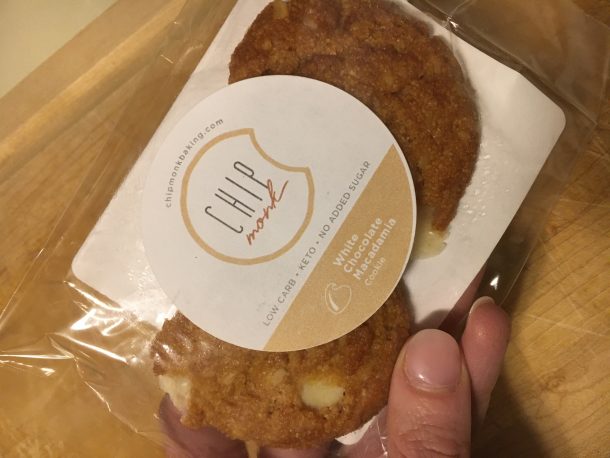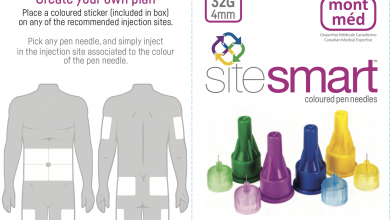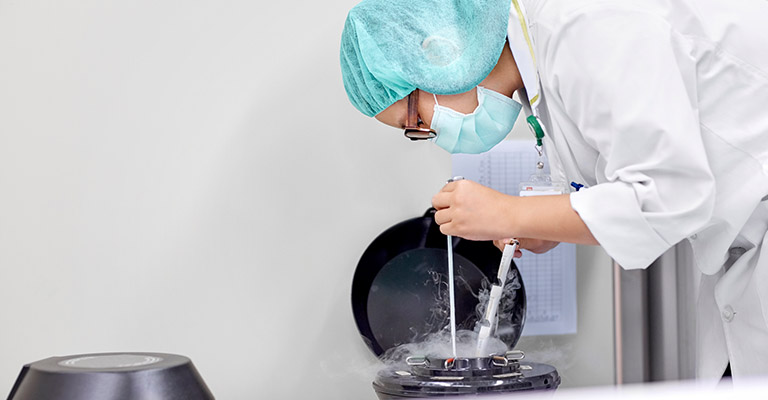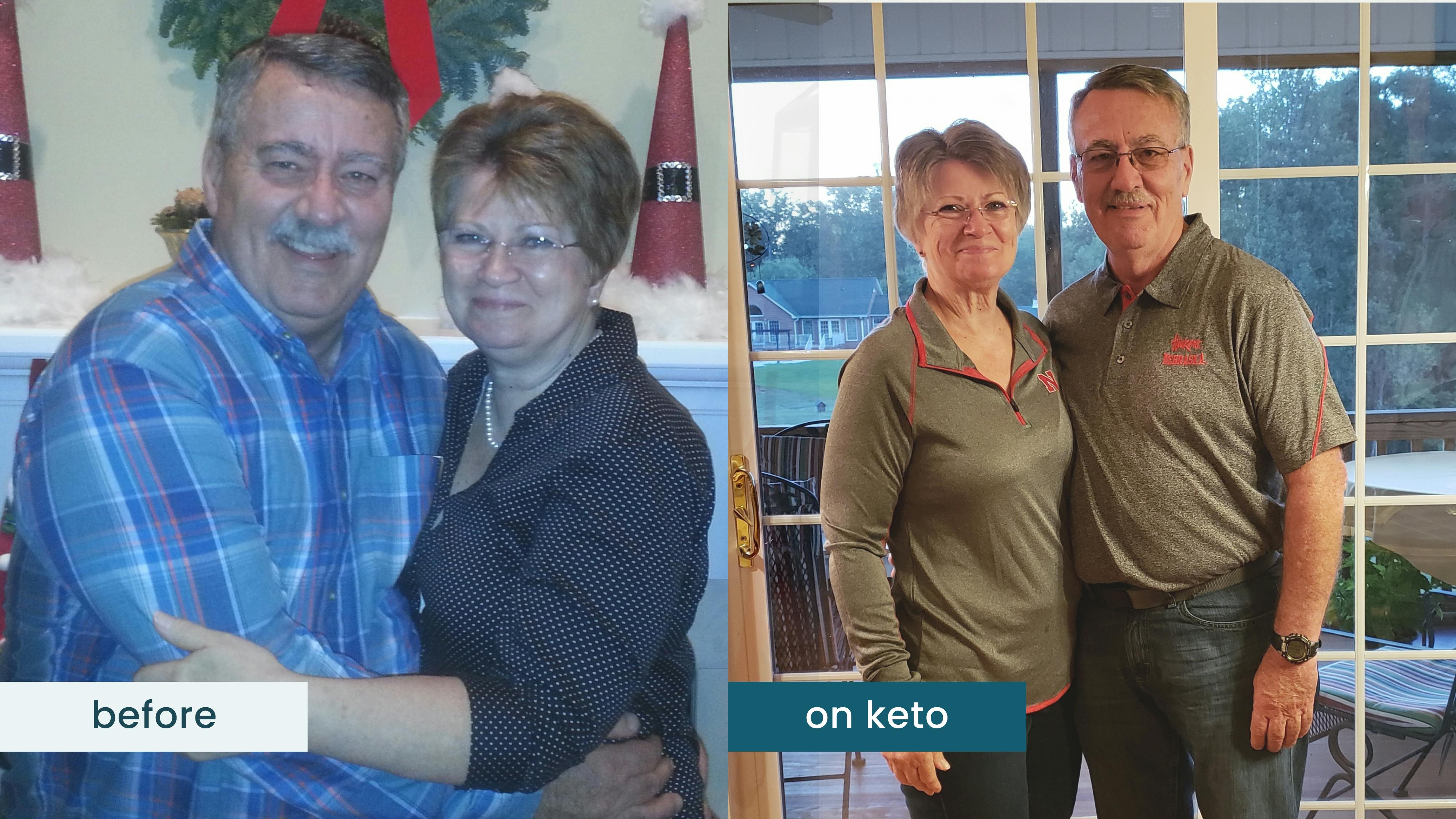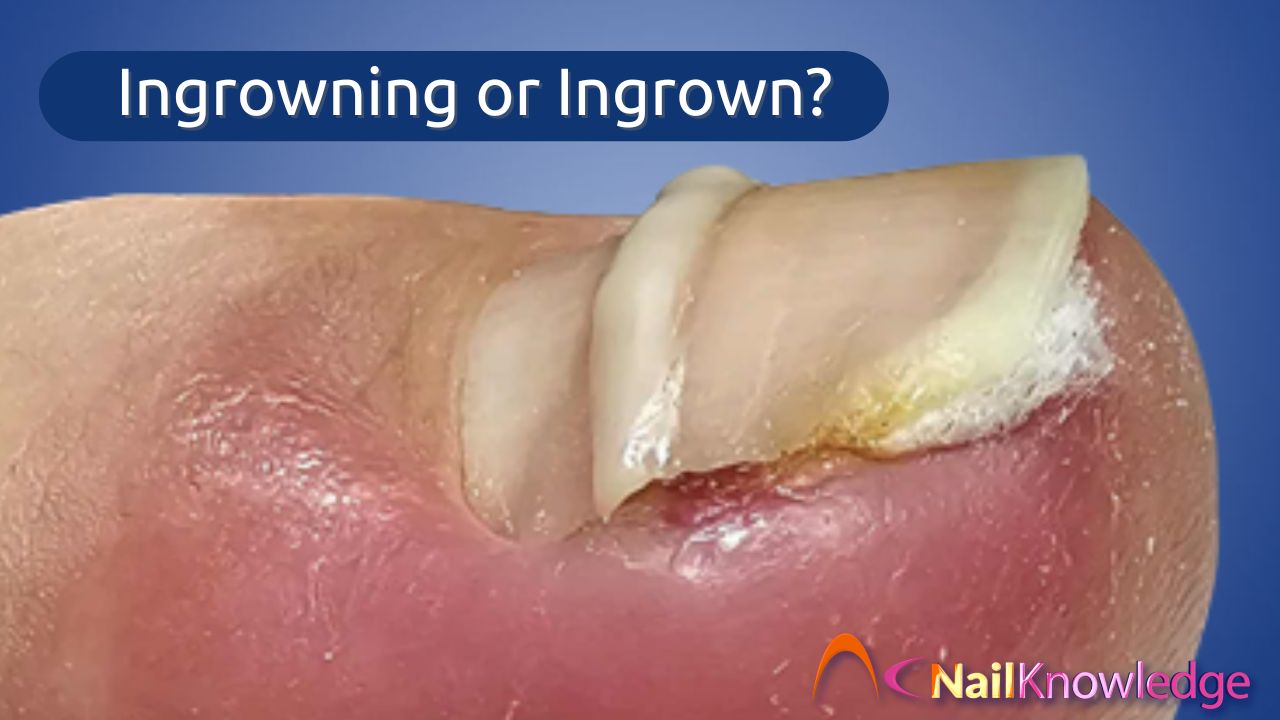Egg freezing and embryo banking: What’s the difference?

Updated by the Progyny Editorial Team — November 2025.
If you’re facing fertility challenges or are interested in preserving your fertility, you may have heard of egg freezing (also called egg banking) and embryo banking.
They sound similar, and they both offer flexibility for growing your family. But egg freezing and embryo banking are very different. Let’s walk through what they are and how to compare your options.
What is egg freezing and embryo banking?
Egg freezing (also known as egg banking or oocyte cryopreservation) allows you to retrieve unfertilized eggs and store them for future use.
The egg freezing process involves daily hormone injections, ultrasounds and bloodwork to monitor progress, and a procedure under anesthesia to retrieve the eggs.
Embryo banking allows you to retrieve eggs (like with egg freezing). Then, in a lab, those eggs are fertilized with sperm to create embryos that are frozen for the future. It is commonly done during the in vitro fertilization (IVF) process.
Who uses these options?
Egg freezing can be an option for:
- Younger people who are thinking about their ovarian reserve as they age. (The number and quality of eggs goes down with age, so egg freezing tends to be used by people under 35.)
- People with conditions that may affect their fertility (such as endometriosis) or who are having treatments for cancer
- Trans people who wish to preserve their fertility
Egg freezing allows reproductive freedom for people who are not in a committed relationship or in case a relationship ends.
Embryo banking may be an option for:
- People or couples undergoing IVF who wish to store embryos for future pregnancies.
Ethical and emotional considerations
Embryo banking raises ethical and emotional considerations. Some people may feel a strong attachment to their embryos and may struggle with the idea of discarding unused embryos.
Egg banking may ease some of these concerns for some people since it involves preserving eggs rather than embryos.
Everyone’s journey is different, and your feelings are valid. Your thoughts and emotions may also change throughout the process, and that’s OK. Talking with your healthcare team or a fertility counselor can help you think things through. This is a big decision, and you have a supportive team on your side.
Success rates
During your initial consultation, be sure to talk with your doctor to share your goals and understand success rates for your unique situation.
Both frozen eggs and embryos can be safely stored until they’re ready to be used. (They can be frozen for any length of time.)
Not all eggs or embryos survive the thawing process. Egg freezing has a lower survival rate than embryo banking. Since not all eggs thaw, fertilize, or develop as hoped, many eggs are frozen to increase the chances of success.
In terms of live birth success rates, neither egg freezing nor embryo banking can guarantee that an embryo will develop and end with a live birth. Your age at the time of treatment is one of the best predictors of future pregnancy. (Younger people have higher success rates.)
Costs
Your Progyny benefit eases many concerns about cost, but it’s important to understand.
Egg freezing tends to be lower cost at the start because it has fewer steps. Future costs will include thawing and fertilizing the eggs followed by growing embryos in the lab.
Embryo banking is more expensive at the start since it involves fertilizing the eggs with sperm and developing an embryo(s). Future costs include storage and frozen embryo transfer to the uterus.
Costs vary based on the specific services you choose, but your Progyny Care Advocate can walk you through the details.
Making an informed decision
Choosing egg freezing or embryo banking is a personal choice. But you don’t have to think through everything alone. When you meet with a reproductive endocrinology specialist, you can discuss your goals, health history, and values. They’ll help you explore your options and decide the right path for you.
And remember, your Progyny Care Advocate is always here to support your journey and answer questions along the way.
Disclaimer: The information provided by Progyny is for educational purposes only and is not medical advice. Always consult a qualified healthcare provider for medical guidance.
The post Egg freezing and embryo banking: What’s the difference? appeared first on Progyny.
What's Your Reaction?
 Like
0
Like
0
 Dislike
0
Dislike
0
 Agree
0
Agree
0
 Disagree
0
Disagree
0
 Excellent
0
Excellent
0
 Useful
0
Useful
0
 Great
0
Great
0



















